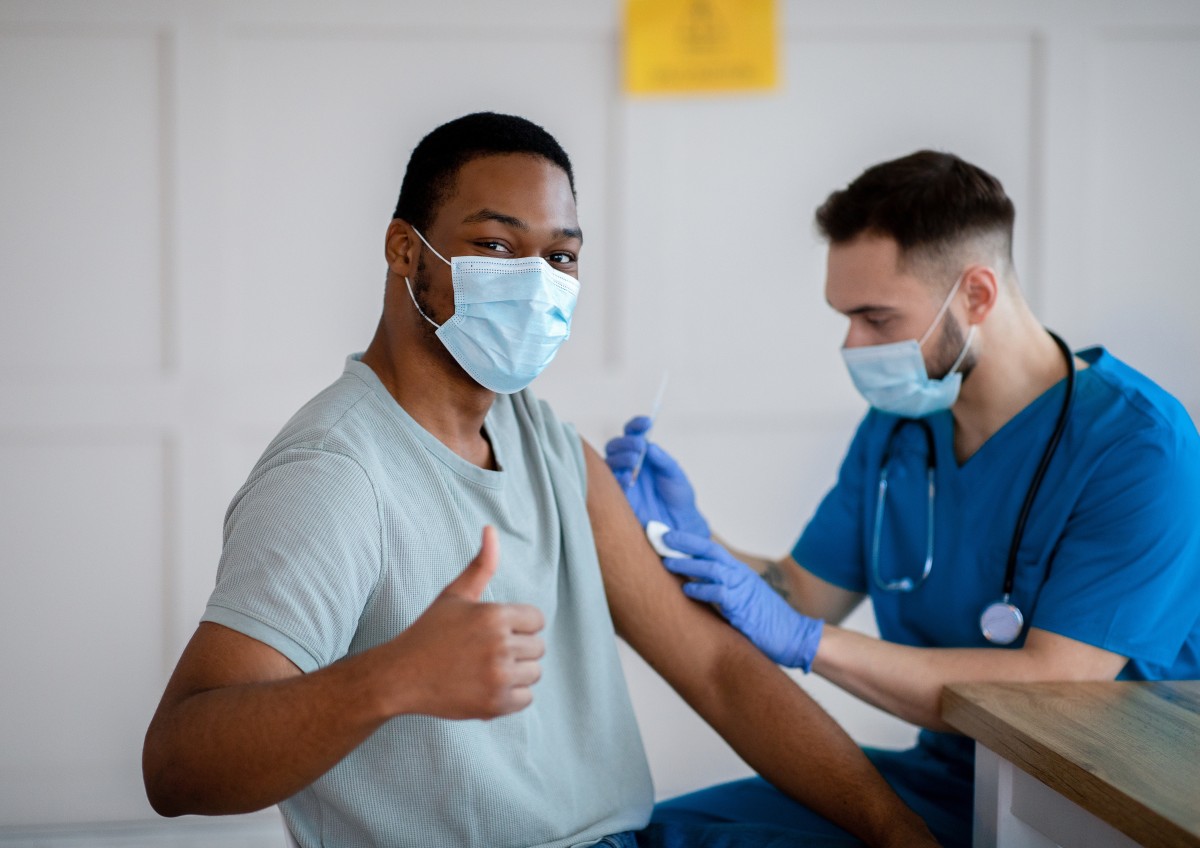A
A
A
The number of vaccinated Americans continues to grow at an increasingly rapid pace, delivering hope that the worst of the COVID-19 pandemic may be in the rearview mirror. According to the latest data published by the US Centers for Disease Control and Prevention (CDC) on Thursday, 198,317,040 total doses of the vaccine have been administered. Of this number, approximately 78% of the 255,400,665 doses have been delivered.
Breaking Down the Numbers: These figures equate to approximately 3.5 million more doses administered since the prior day, bringing the seven-day average to about 3.3 million doses per day. Over 30% of American adults are now fully vaccinated with about 48% in receipt of the first dose. Within the vulnerable senior population, about 64% are fully vaccinated and 80% of this age group has received at least one dose. Officials are hopeful that these numbers will continue to force hospitalization and death rates down.
Read More »
Update on Johnson & Johnson: The big news on the vaccine scene was the recommendation earlier this week by the US Centers for Disease Control and Prevention (CDC) and the US Food and Drug Administration (FDA) to pause the use of the Johnson & Johnson one-dose vaccine. The recommendation to pause its use came after reports of at least six recipients developing potentially deadly blood clots after receiving the vaccine.
Vaccine advisers to the CDC are now planning to meet on April 23 to discuss whether this vaccine is the root cause of the blood clots. If this is determined to be the case, the group will need to decide how to proceed with the further administration of the vaccine. At this juncture, medical advisers are looking to gather information about how to recognize and treat this specific type of blood clot.
Third Pfizer Dose? You are likely not done with the vaccination process after receiving two doses. According to Pfizer CEO Albert Bourla, individuals will likely require a booster dose of the vaccine approximately six to 12 months after the completion of the two-dose regimen.
Current real-time demonstrates that the Pfizer vaccine is still highly effective after six months. However, it is likely to start to decrease after some time, requiring the use of a booster. Like many medical researchers have previously suspected, it is likely that the COVID-19 vaccination will be an annual immunization, similar to the flu shot.
Bourla also confirmed that the Pfizer vaccine is proving to be effective against the South African variant of the virus.
In addition to Bourla’s confirmation of the probable need for a booster, the US government is also planning for this scenario. Dr. David Kessler, a top aide in the Biden administration COVID-19 response team, told the House Select Subcommittee on the Coronavirus Crisis that his team is planning for booster doses.
Michigan Still Struggling: The state of Michigan remains the nation’s COVID hotspot. Beaumont Health System is warning that its network of providers has reached capacity levels. As the largest health care provider in Michigan, Beaumont Health is hoping that its warning will encourage residents to take the important steps to mitigate the spread of the virus before the situation becomes even worse.
According to the Michigan Department of Health and Human Services, hospitals in the Detroit area have been hit particularly hard over the last weeks.
India Reeling from Second Wave: While COVID-19 cases in the US are holding steady in most places, India is in the midst of a deadly second wave of the virus. Over 200,000 new confirmed cases of COVID-19 were reported on Thursday, bringing the total number of people infected since the pandemic began to over 14 million. Thursday’s cases represented the highest single-day increase since the beginning of the health crisis.
As a result of the surge in cases, many regions have instituted strict curfews and restrictions. As the second-most populous country on the planet, India is attempting to roll out a significant vaccination response. Over 114 million doses have been administered to the country of 1.4 billion.






